Author: Paul Amico
Since its release by the Hop Breeding Company in 2007, Citra has become one of the most lauded hop varieties for its ability to impart beer with desirable citrus and tropical fruit characteristics while also possessing solid bittering potential. With John I. Haas making a LUPOMAX version of this popular variety, brewers are able to achieve similar levels of pungency while adding less vegetal matter to their beer.
Alpha: 18%
Beta: 4.2%
Cohumulone: 20 – 24%
Total Oil: 2.7 mL/100g
Myrcene: 60 – 70%
Humulene: 7 – 12%
Caryophyllene: 5 – 8%
Farnesene: < 1%
Linalool: 0.6 – 0.9%
Geraniol: 0.3 – 0.5%
ß-Pinene: 0.7 – 1%
Parentage: Hallertau Mittelfruh, US Tettnang, EKG, Brewer’s Gold, unknown varietal
As someone who has an unabashed love for Citra hops and has used them in hundreds of batches of beer, I was thrilled to learn that Haas was making a LUPOMAX version and immediately picked up a bag of the original 2020 run. With the beer ready for evaluation just as the first Covid-19 quarantine began, I ended up relying on that batch to get me through the lockdown. Once the 2021 lot was released, I excitedly snagged a bag to run through The Hop Chronicles!
| MAKING THE BEER |
I went with our standard Hop Chronicles Pale Ale recipe for this batch, making small adjustments to the kettle hop additions to ensure a reasonable bitterness level.
Citra LUPOMAX Pale Ale
Recipe Details
| Batch Size | Boil Time | IBU | SRM | Est. OG | Est. FG | ABV |
|---|---|---|---|---|---|---|
| 5.5 gal | 60 min | 36.5 | 5.7 SRM | 1.054 | 1.013 | 5.38 % |
| Actuals | 1.054 | 1.013 | 5.38 % | |||
Fermentables
| Name | Amount | % |
|---|---|---|
| Lamonta: Pale American Barley Malt | 10 lbs | 83.33 |
| Vanora: Vienna-style Barley Malt | 2 lbs | 16.67 |
Hops
| Name | Amount | Time | Use | Form | Alpha % |
|---|---|---|---|---|---|
| Citra LUPOMAX | 8 g | 30 min | Boil | Pellet | 18 |
| Citra LUPOMAX | 10 g | 15 min | Boil | Pellet | 18 |
| Citra LUPOMAX | 14 g | 5 min | Boil | Pellet | 18 |
| Citra LUPOMAX | 56 g | 2 min | Boil | Pellet | 18 |
| Citra LUPOMAX | 56 g | 4 days | Dry Hop | Pellet | 18 |
Yeast
| Name | Lab | Attenuation | Temperature |
|---|---|---|---|
| Flagship (A07) | Imperial Yeast | 77% | 32°F - 32°F |
Notes
| Water Profile: Ca 92 | Mg 1 | Na 10 | SO4 153 | Cl 50 |
Download
| Download this recipe's BeerXML file |
I started off my brew day by collecting the full volume of brewing water, which I adjusted to my desired profile.
I then flipped the switch on my controller to heat up the RO water before weighing out and milling the grain.
When the water was properly heated, I incorporated the grains and set the controller to maintain my desired mash temperature of 152°F/67°C before preparing the kettle hop additions.
Once the 60 minute mash rest was complete, I removed the grains and proceeded to boil, adding hops at the times stated in the recipe. Following the 60 minute boil, I used my CFC to chill the wort during transfer to a sanitized fermenter.
A refractometer reading showed the wort was at my target OG.
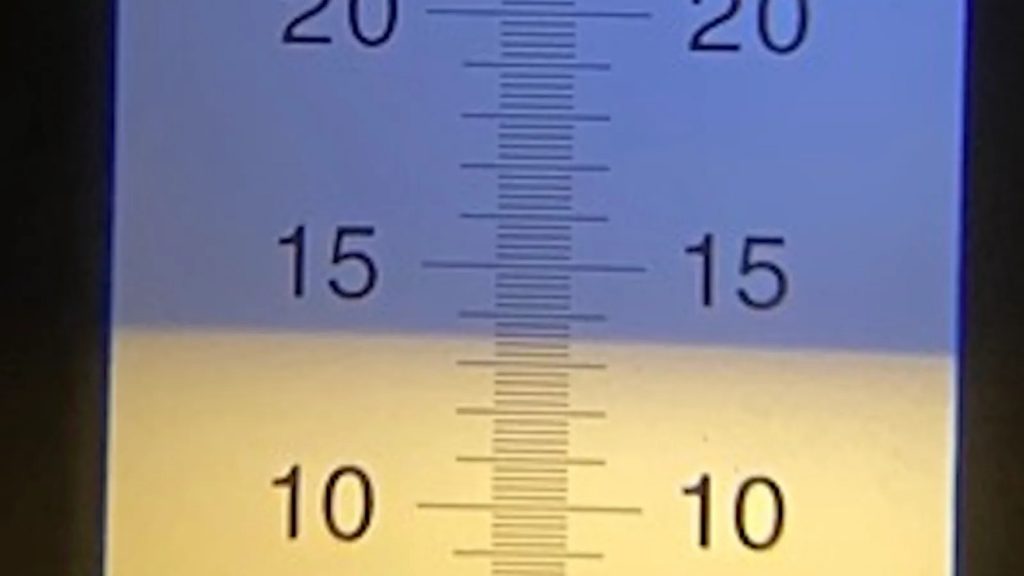
Next, I direct pitched a single pouch of Imperial Yeast A07 Flagship into the wort.
The beer was left to ferment at 66°F/19°C for 2 weeks before I took a hydrometer measurement confirming FG was reached.
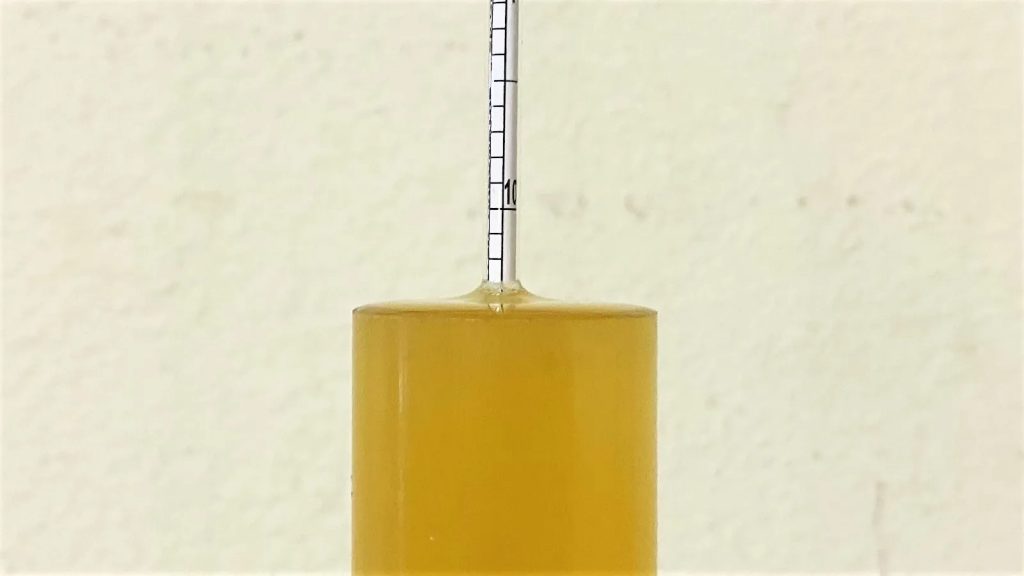
With fermentation complete, I transferred the beer to a CO2 purged keg.
The filled keg was placed in my keezer and burst carbonated overnight before I reduced the gas to serving pressure. After a week of conditioning, I began serving it to blind tasters.
| METHOD |
Participants were instructed to focus only on the aromatic qualities of the beer before evaluating the flavor. For each aroma and flavor descriptor, tasters were asked to write-in the perceived strength of that particular characteristic on a 0-9 scale where a rating of 0 meant they did not perceive the character at all and a 9 rating meant the character was extremely strong. Once the data was collected, the average rating of each aroma and flavor descriptor was compiled and analyzed.
| RESULTS |
A total of 23 people participated in the evaluation of this beer, all blind to the hop variety used until after they completed the survey. The average aroma and flavor ratings for each descriptor were plotted on a radar graph.
Average Ratings of Aroma and Flavor Perceptions
The 3 characteristics endorsed as being most prominent by participants:
| Aroma | Flavor |
| Citrus | Citrus |
| Tropical Fruit | Tropical Fruit |
| Stone Fruit | Resinous |
The 3 characteristics endorsed as being least prominent by participants:
| Aroma | Flavor |
| Onion/Garlic | Onion/Garlic |
| Berry | Berry |
| Earthy/Woody | Melon |
Next, participants were asked to rate the pungency/strength of the hop.
Tasters were then instructed to identify beer styles they thought the hop would work well in.
Finally, participants were asked to rate how much they enjoyed the hop character on a 1 to 10 scale.
My Impressions: This beer had everything I expect from a single-hop Citra Pale Ale – refreshing citrus with notes of tropical fruit and the slightly dank, resinous character I’ve come to love from this variety. Yet again, I was impressed by the fresh and pungent hop character imparted by LUPOMAX. This beer was delicious!
| CONCLUSION |
Citra hops quickly gained popularity following its release for its ability to contribute heaps of delectable citrus and tropical fruit character to beer, and Haas’ new LUPOMAX version allows brewers to use less while still achieving their desired pungency level. Consistent with existing descriptors, blind tasters of a Pale Ale made solely with Citra LUPOMAX identified the citrus and tropical fruit as being the most prominent aroma and flavor characteristics, while onion/garlic, earthy/woody, and berry were rated the lowest.
While a majority of tasters rated the hop pungency in this beer as being moderate to strong, a good portion felt it was mild, which may be explained by the slightly lower usage in the kettle due to the high alpha acid levels of the LUPOMAX product. Predictably, the style of beer most tasters thought Citra LUPOMAX would work well in is IPA, though other endorsed styles including Blonde Ale, American Wheat Beer, and Fruit Beer.
I’ve been around long enough to remember a time when Citra wasn’t in the majority commercial IPA, and now that it’s been around for over a decade, I feel it’s become a “classic” in its own right. When I drank this Citra LUPOMAX Pale Ale, I couldn’t help but reminisce about brew days of yore, when landing even a small amount of Citra was cause of celebration. Now, with Citra LUPOMAX widely available, I feel a bit spoiled, and the fact this killer variety continues to do exactly what I expect it to will keep me coming back to it for years to come.
Citra LUPOMAX hops are available now at Yakima Valley Hops, get some while you can! If you have any thoughts on this variety, please feel free to share them in the comments section below.
Support Brülosophy In Style!
All designs are available in various colors and sizes on Amazon!
Follow Brülosophy on:
FACEBOOK | TWITTER | INSTAGRAM
If you enjoy this stuff and feel compelled to support Brulosophy.com, please check out the Support page for details on how you can very easily do so. Thanks!



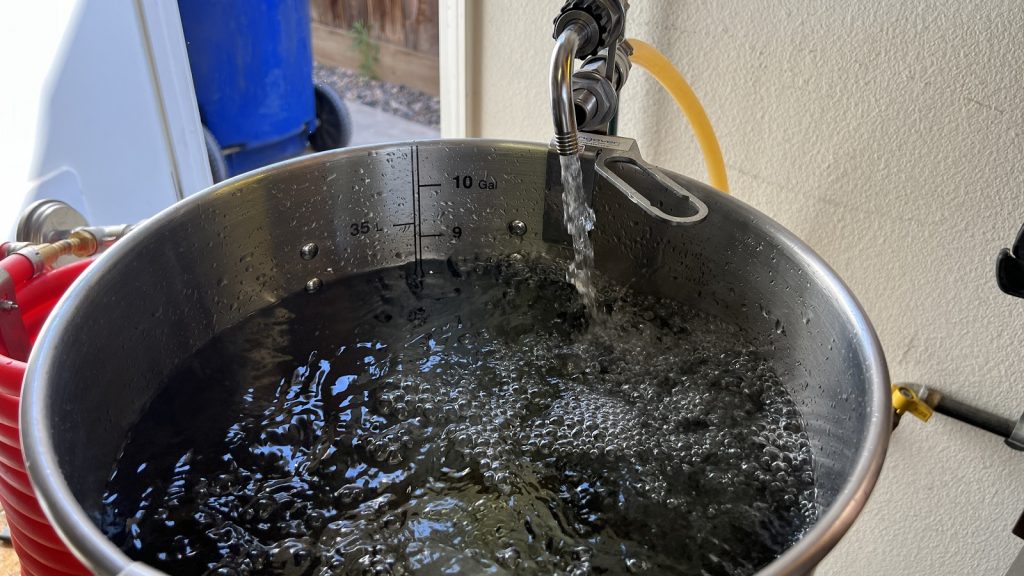
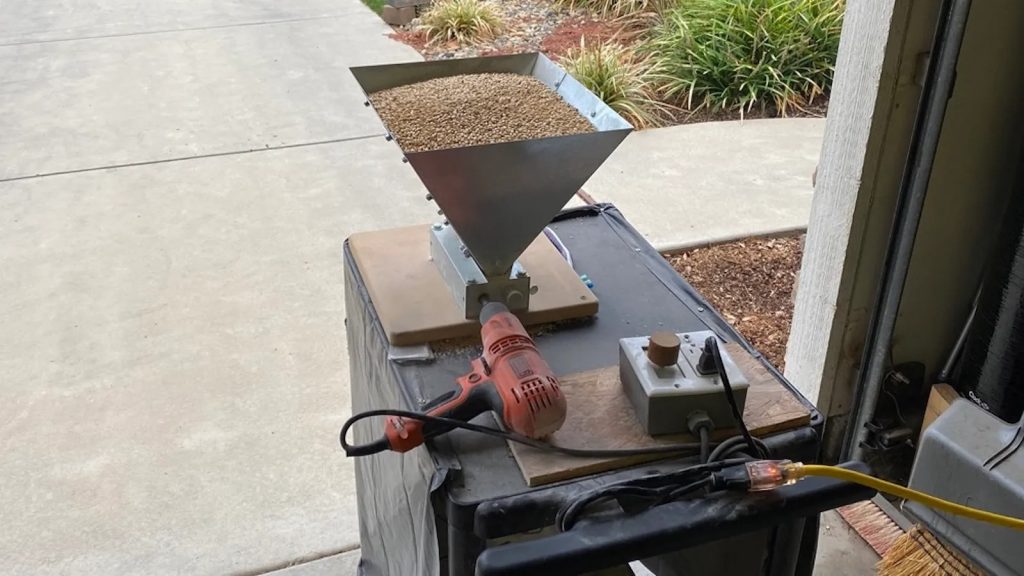
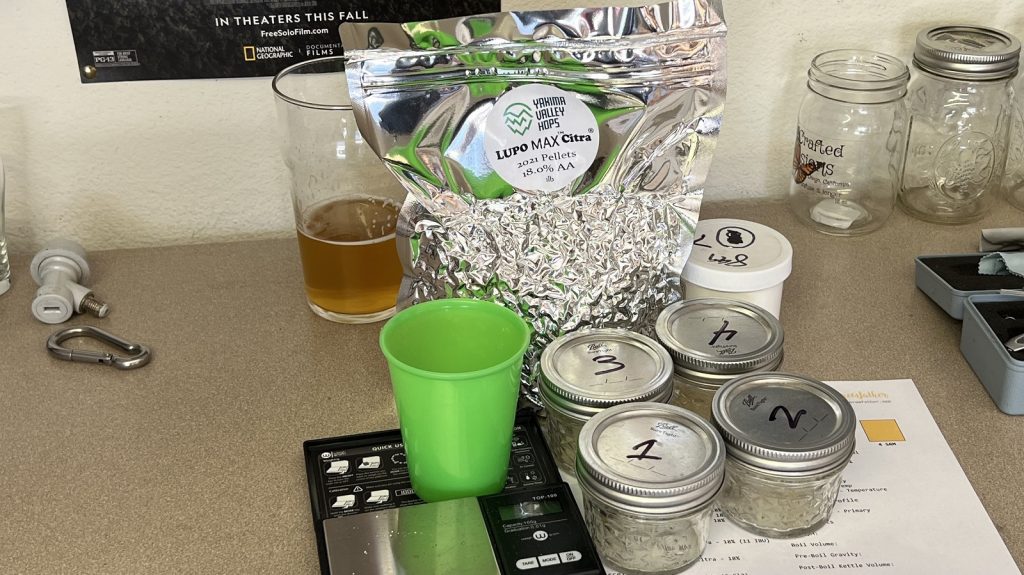
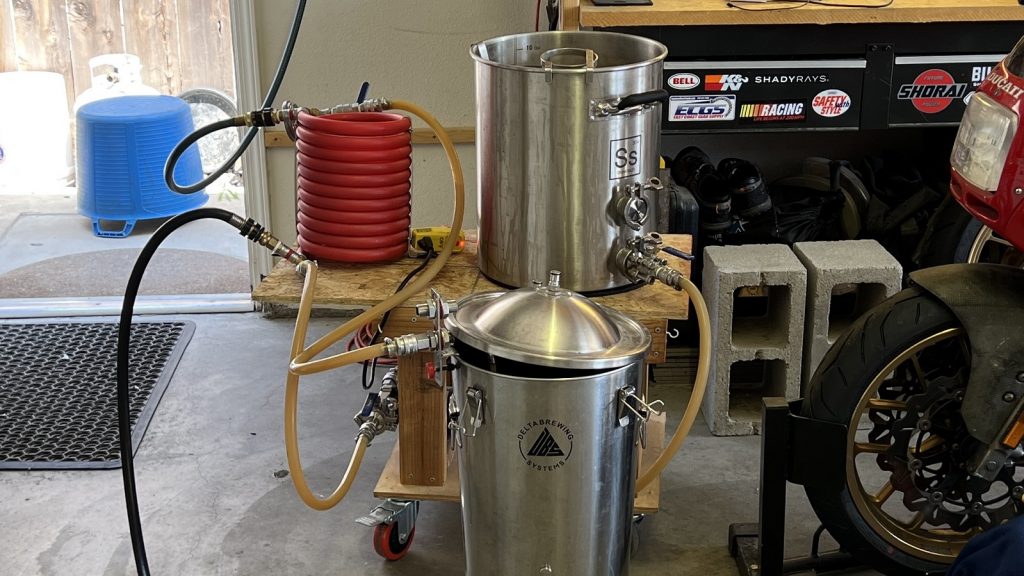
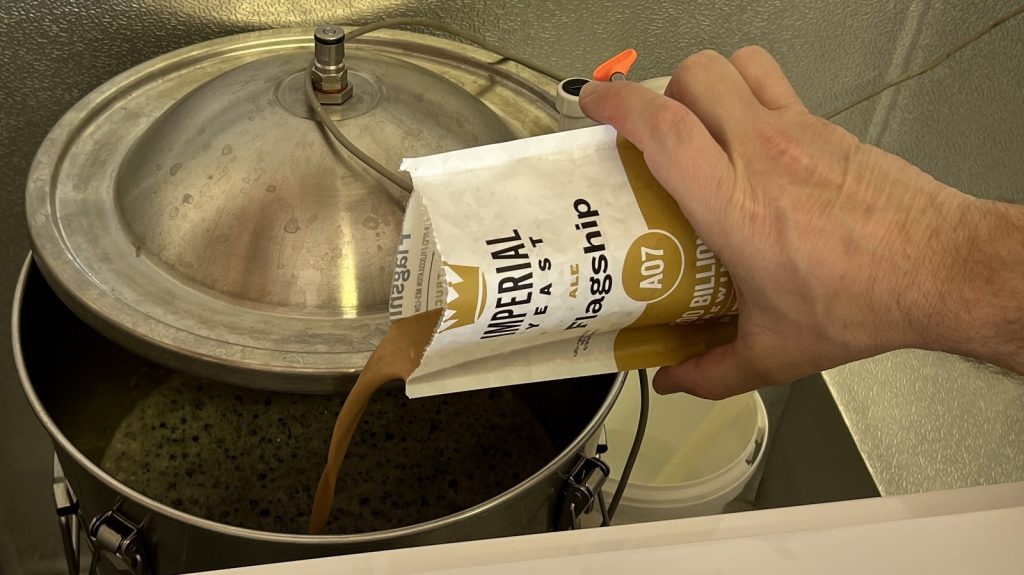
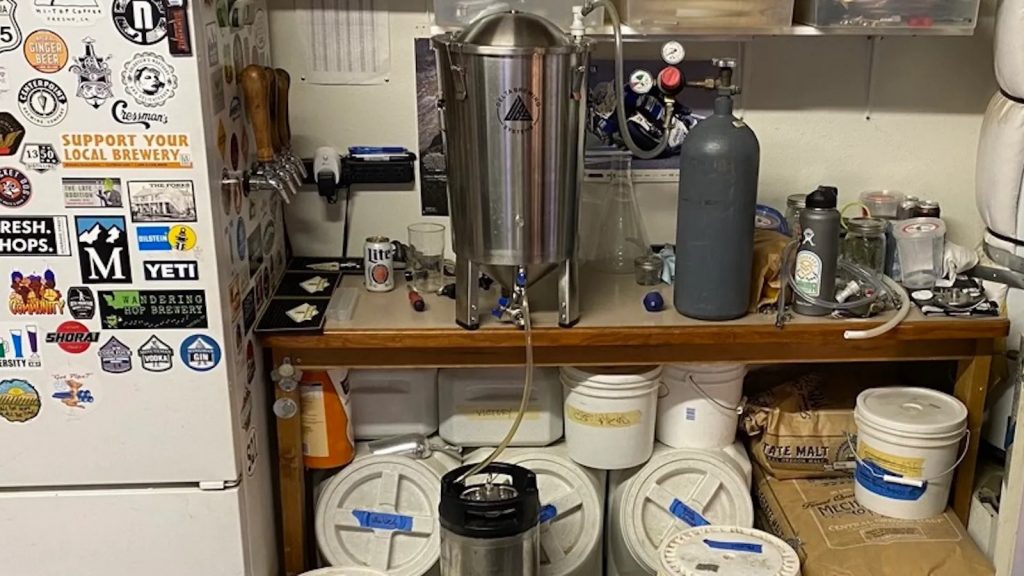
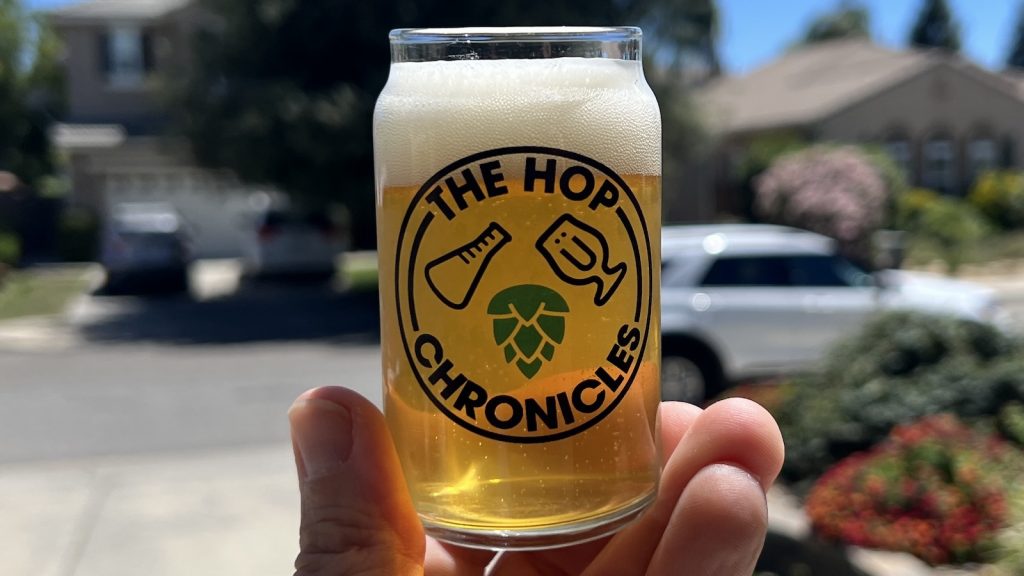

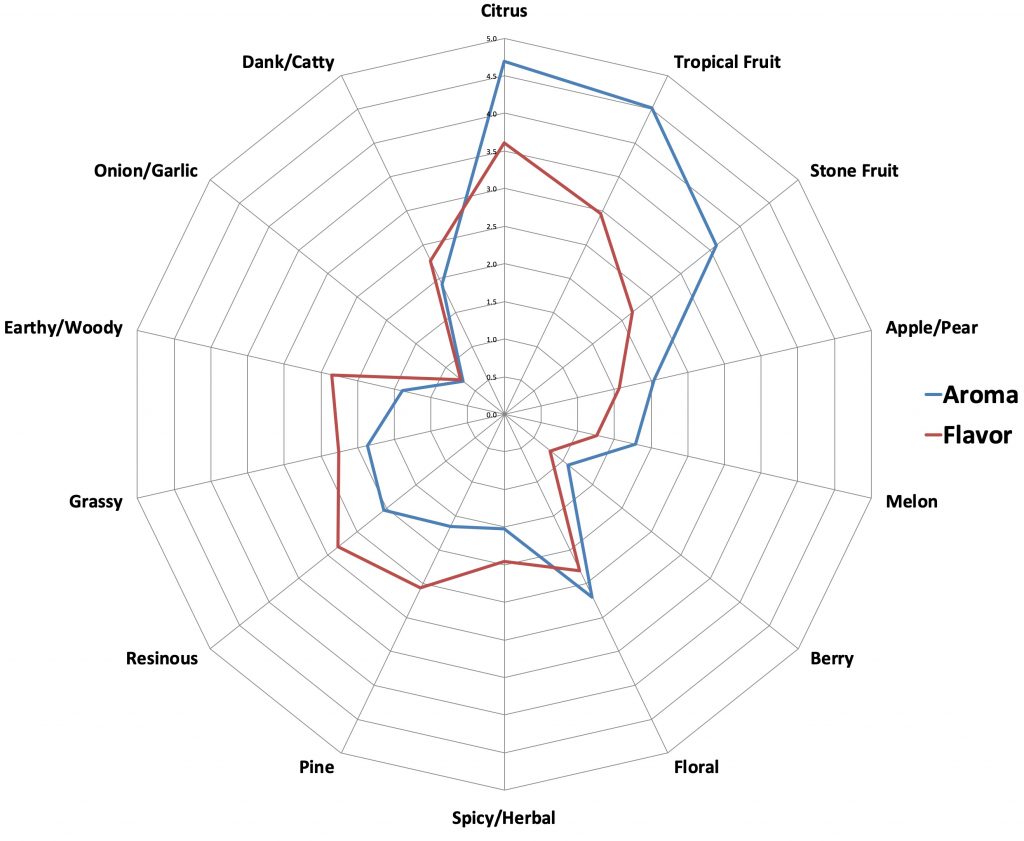
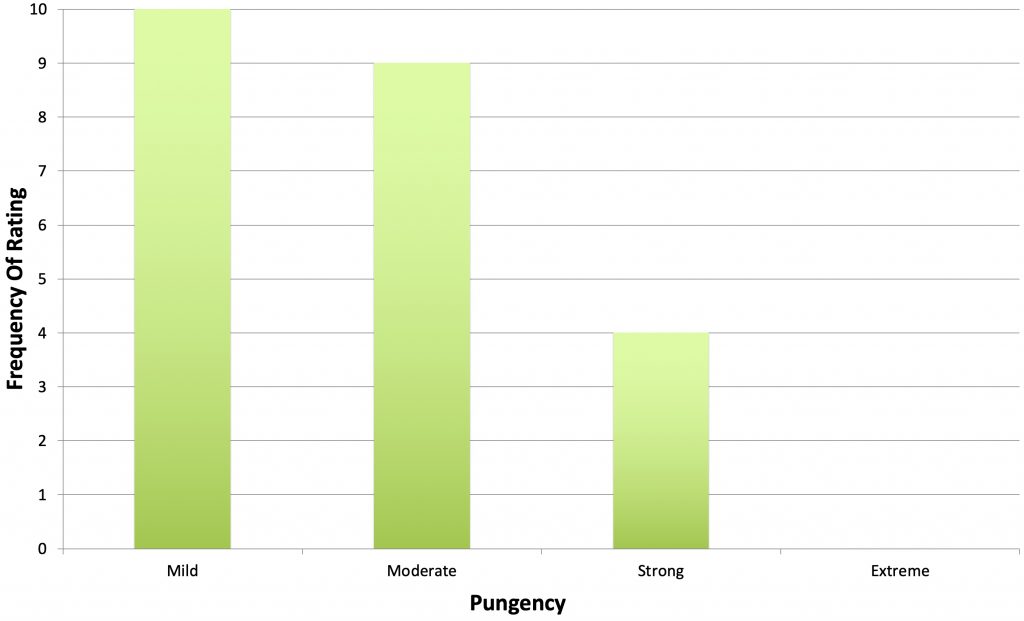
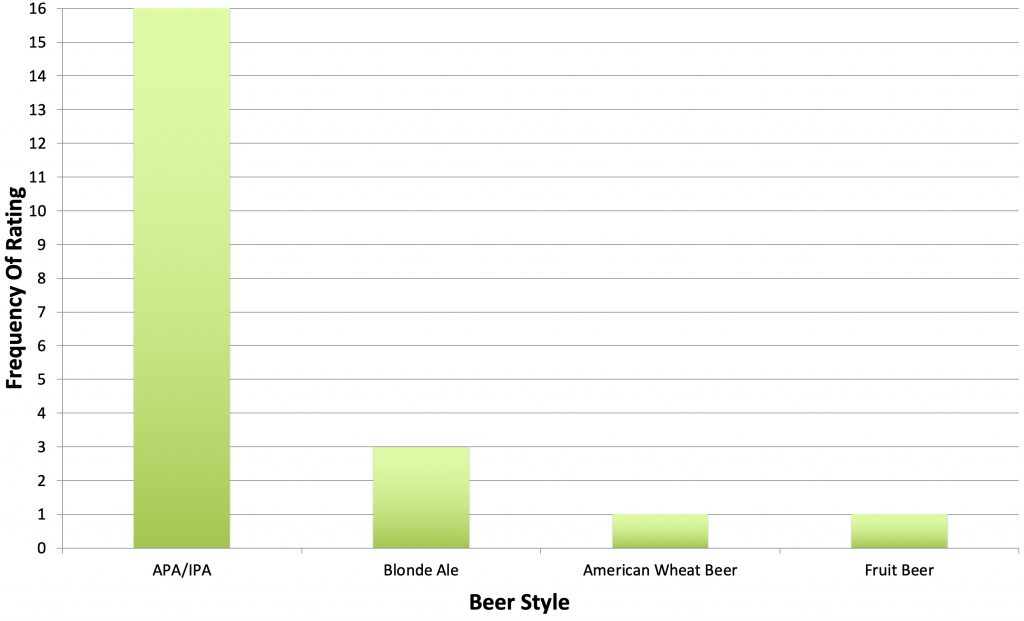
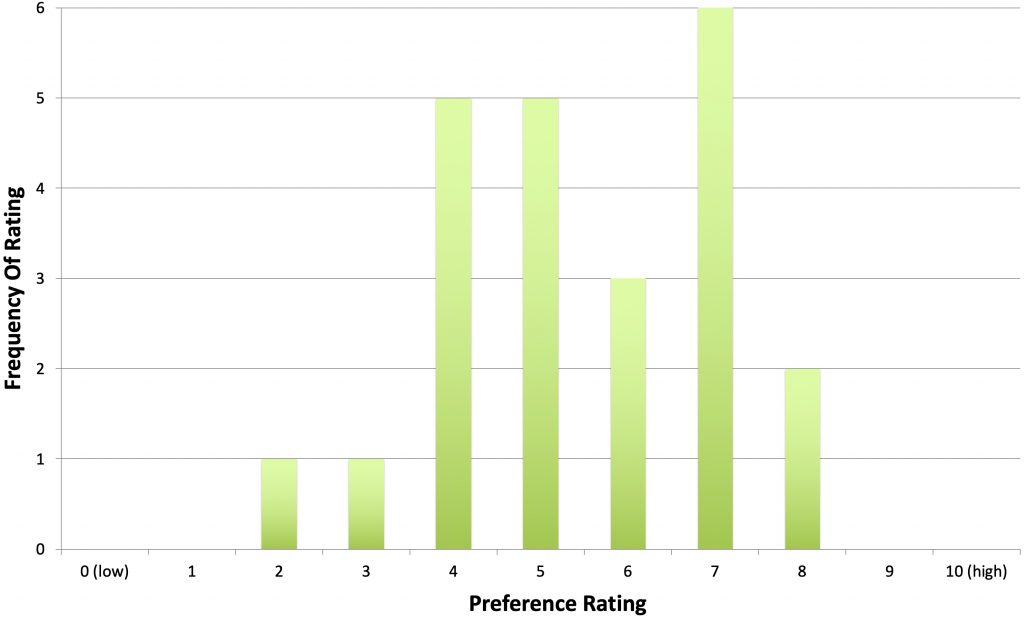








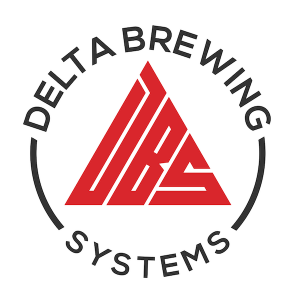


3 thoughts on “The Hop Chronicles | Citra LUPOMAX (2021) Pale Ale”
Great pics! That looks reaaaaally good!
I’d love to see an xBmt comparing Citra Lupomax vs Citra Cryo hops. In my experience I still got a fair amount of vegetal matter type bitterness in Lupomax at high usage rates, but I find that the Cryo hops that I get from Yakima chief have a lot less of that harsh character that I have gotten from Lupomax
The Hop Chronicles sure sells me a lot of hops… lol. I looked back to your reviews of Citra and Citra LupuLN2 to compare how this one performed. There was a big differences between Lupomax and LupuLN2, especially in the characteristics I do not like, Dank/Catty, Earth/Woody, Resinous, Pine. The Chloride:Sulphate ratios have changed over the years. What is your opinion on the lot to lot consistency of these products?